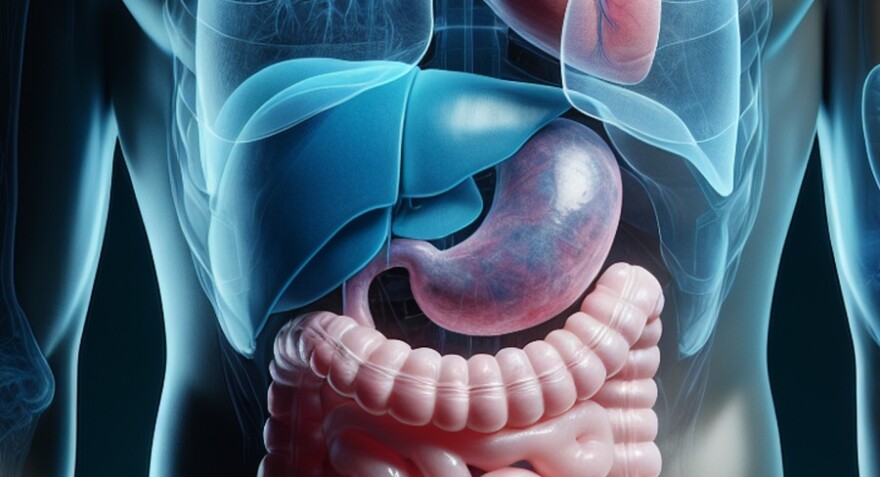Stomach cancer, once one of the deadliest cancers in the United States, has become less common over the past several decades. But public-health experts warn that the disease still poses a significant threat— especially for Latino communities, where cases occur at higher rates and often at younger ages.
According to the American Cancer Society, about 26,000 new stomach cancer cases are diagnosed each year in the U.S. While overall incidence has declined, researchers say the burden is not shared equally.
Latinos, Asian Americans, and immigrants from regions with historically higher rates — such as Central and South America — face disproportionately higher risk. For Latinos specifically, studies show they are nearly twice as likely as non-Hispanic white Americans to develop stomach cancer, and they are often diagnosed a decade earlier on average.
Doctors say that a combination of factors may contribute to the disparity. Infection with Helicobacter pylori, a common bacterium linked to chronic inflammation of the stomach lining, is more prevalent among Latino populations.
Socioeconomic barriers — including lack of access to regular medical care, limited insurance coverage, and language obstacles—can delay diagnosis. Genetics and dietary patterns may also play a role.
The challenge with stomach cancer is that early symptoms are subtle: persistent indigestion, bloating, heartburn, nausea, or unexplained weight loss. Because these symptoms mimic common digestive issues, many people delay seeking medical care.
Early detection dramatically improves survival. When caught at an early stage, the five-year survival rate can exceed 70 percent. But most cases in the U.S. are identified only after the cancer has advanced, when treatment is more difficult.
Public-health advocates and cancer specialists say more targeted screening and awareness are needed— particularly in communities with elevated risk. They encourage people with a family history of stomach cancer, chronic stomach problems, or known H. pylori infection to talk with their doctor about testing and monitoring.
Guest:
Rajat Garg, MD, is an assistant professor of medicine and a gastroenterologist at UT Health San Antonio.
"The Source" is a live call-in program airing Mondays through Thursdays from 12-1 p.m. Leave a message before the program at (210) 615-8982. During the live show, call 833-877-8255, email thesource@tpr.org.
This episode will be recorded on Tuesday, November 25, 2025, at 12:00 p.m.



